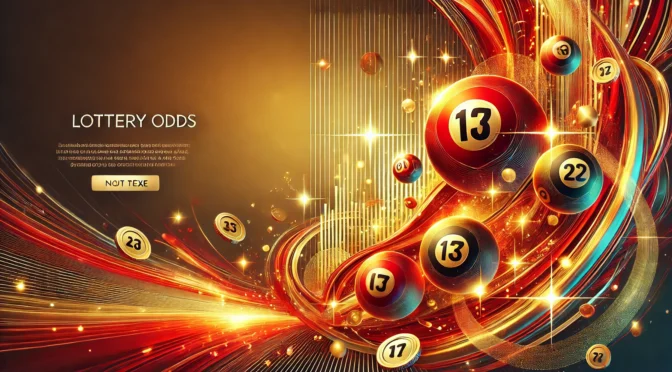Introduction
The allure of winning the lottery is undeniable—millions dream of that life-changing moment when their numbers are called. This dream has fueled countless books, software tools, and “lottery gurus” claiming they can predict winning numbers or help players improve their odds. But is there any truth to these claims? Can lottery predictions actually increase your chances of winning, or are they just myths? In this article, we’ll explore the truth behind lottery predictions and whether they hold any real value.
1. How Lottery Draws Work: Pure Randomness
To understand why predicting lottery numbers is nearly impossible, it’s important to know how lottery systems operate.
- Random Number Generators (RNGs): Most modern lotteries use RNGs to ensure completely random and unpredictable outcomes.
- Mechanical Draws: Even in physical draws with numbered balls, the process is carefully monitored to prevent bias or manipulation.
- No Patterns or Cycles: Each draw is independent of the last, meaning past results have zero impact on future draws.
The structure of lotteries makes it clear: every number combination has an equal chance, and randomness rules the game.
2. Popular Lottery Prediction Methods (And Why They Don’t Work)
Despite the randomness, many systems claim to predict lottery numbers. Let’s examine the most common ones:
- Hot and Cold Numbers: This strategy suggests betting on “hot” numbers that appear frequently or “cold” numbers that haven’t appeared in a while. However, due to the random nature of draws, past outcomes don’t affect future ones.
- Numerology and Astrology: Some players choose numbers based on numerology or astrological charts. While fun, these methods have no scientific basis in influencing lottery results.
- Pattern Analysis: Tools that analyze previous draws to find “patterns” in winning numbers often ignore the fact that randomness doesn’t produce predictable trends.
- Lottery Wheeling Systems: These systems help players cover multiple number combinations but don’t improve the odds—they simply allow more combinations to be played.
Despite sounding convincing, none of these methods can overcome the lottery’s built-in randomness.
3. Statistical Reality: Why Predictions Fail
Lottery odds are calculated mathematically, leaving little room for strategy.
- Independent Events: Each draw is a separate event; no number is “due” to appear.
- Astronomical Odds: For example, in a typical 6/49 game, the odds of winning are 1 in 13,983,816—no prediction system can meaningfully change that.
- Confirmation Bias: Players often remember when predictions “work” and ignore the many times they fail, reinforcing the false belief that predictions help.
The bottom line is that lottery predictions are not grounded in statistical reality.
4. Psychological Traps: Why We Believe in Predictions
Why do so many people believe in prediction systems despite the odds?
- The Illusion of Control: People like to feel they have some control over uncontrollable outcomes.
- Hope and Optimism: The dream of winning makes players more susceptible to believing in “systems” that promise success.
- Gambler’s Fallacy: Believing that past results affect future outcomes leads players to make irrational bets.
These psychological factors explain why lottery prediction myths continue to thrive.
5. The Only Ways to Slightly Improve Your Chances
While no strategy can predict winning numbers, a few methods can slightly improve your chances—or at least your payout if you win.
- Buy More Tickets: This increases your number of entries but is costly and barely improves odds.
- Join a Lottery Pool: Pooling money with others (syndicates) allows you to buy more tickets collectively, increasing chances but requiring prize-sharing.
- Avoid Common Number Combinations: Many players choose birthdays or popular sequences. Picking uncommon numbers doesn’t improve odds but can prevent splitting the jackpot if you win.
Platforms like Dewakoin offer various games with better odds than traditional lotteries, providing players with more engaging and potentially rewarding options.
6. Are Lottery Prediction Tools a Scam?
Not all lottery prediction tools are scams, but many are misleading.
- Paid Systems: Be cautious of expensive systems or software claiming guaranteed wins.
- Subscription Services: Ongoing fees for “exclusive” predictions often provide no real advantage.
- False Testimonials: Many services use fake reviews to appear more credible.
Always research thoroughly before spending money on any lottery-related system.
Conclusion
The truth is simple: lottery predictions cannot improve your odds of winning. Lotteries are designed to be random, and no strategy, tool, or system can change that. While it’s fun to play and dream, it’s important to view the lottery as entertainment—not a financial strategy.
If you’re looking for games with better odds and more engaging gameplay, platforms like Dewakoin offer alternatives that combine excitement with more favorable chances.
So, if you choose to play the lottery, do so for fun—and let luck decide the rest!
